
C LANGUAGE with answers C LANGUAGE Which of the following comment is
C Increment and Decrement Operators. C programming has two operators increment ++ and decrement -- to change the value of an operand (constant or variable) by 1. Increment ++ increases the value by 1 whereas decrement -- decreases the value by 1. These two operators are unary operators, meaning they only operate on a single operand.

Chapter 1 Code C language practice material with examples C
Language. Language is a rule-governed behavior. It is defined as the comprehension and/or use of a spoken (i.e., listening and speaking), written (i.e., reading and writing), and/or other communication symbol system (e.g., American Sign Language). Spoken and written language are composed of receptive (i.e., listening and reading) and expressive.

Pin by Mobi Mobi on Programming Programming languages, Learn
A, B, C languages Interpreters' working languages are classified according to three categories - A, B, C: The 'A' language is the interpreter's mother tongue (or its strict equivalent) into which they work from all their other working languages in both consecutive and simultaneous interpretation.

How To Learn The C Language Learning Learning Choices
Comparison operators are binary operators that test a condition and return. is less than or equal to. is greater than or equal to. Relational operators. Equality operators. The relational operator expressions have the form. expressions that both have real type or both have pointer to object type. The type of any relational operator expression.
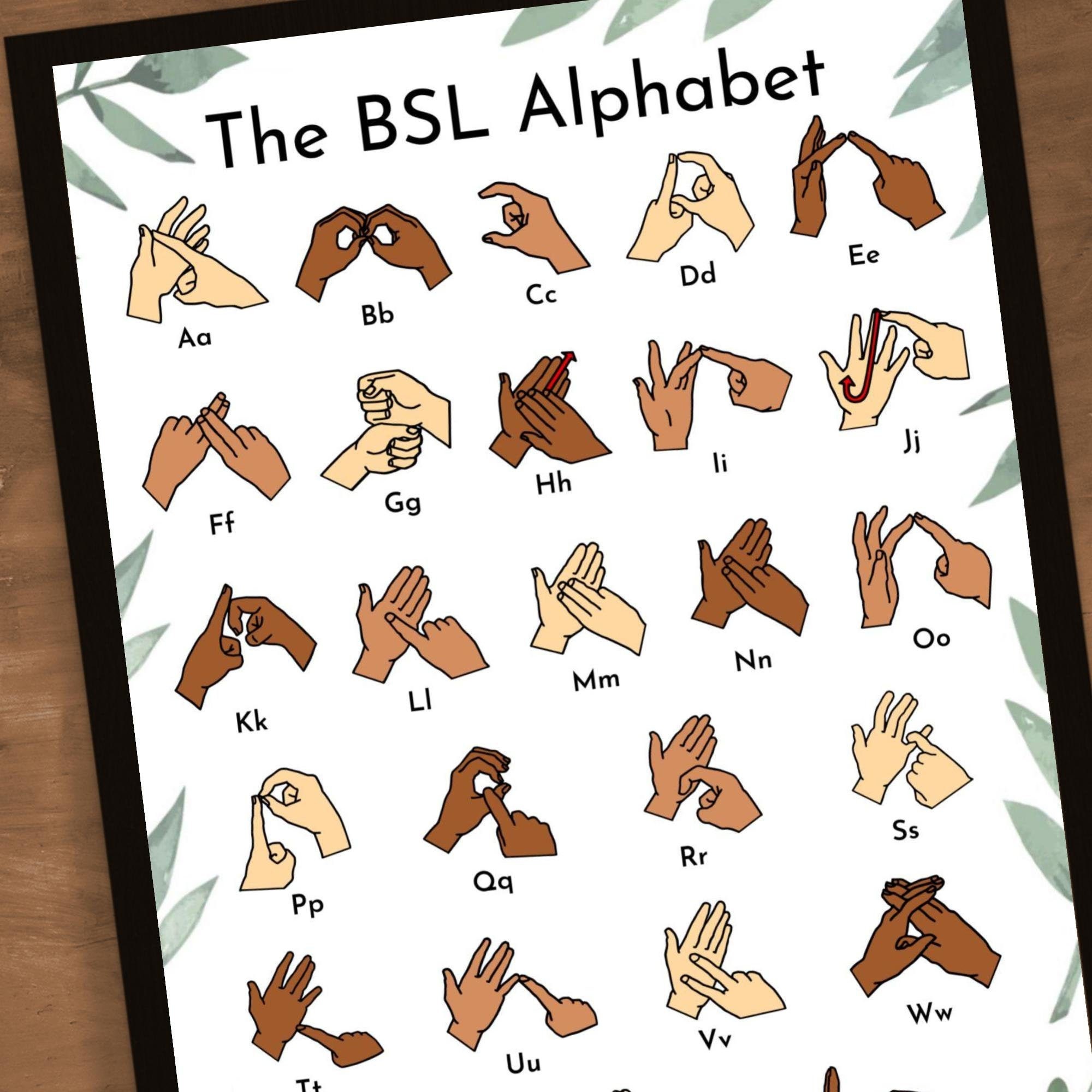
BSL Sign Language Alphabet Charts BSL Abcs Sign Language Abcs Bsl
Since C language does not support chaining assignment like a=b=c; each assignment operator (=) operates on two operands only. Then how expression a=b=c evaluates? According to operators associativity assignment operator ( = ) operates from right to left, that means associativity of assignment operator ( = ) is right to left.

Answer in C language
A-C-C-C: (Cs > A; e.g. English A, Spanish C, German C, French C) Again, these can be modified according to the interpreter's working languages, for example into A-B-B or A-B-C-C, etc. An aspect that tends to be disregarded by laymen, and even by interpreters-to-be sometimes, is the importance of the A language.
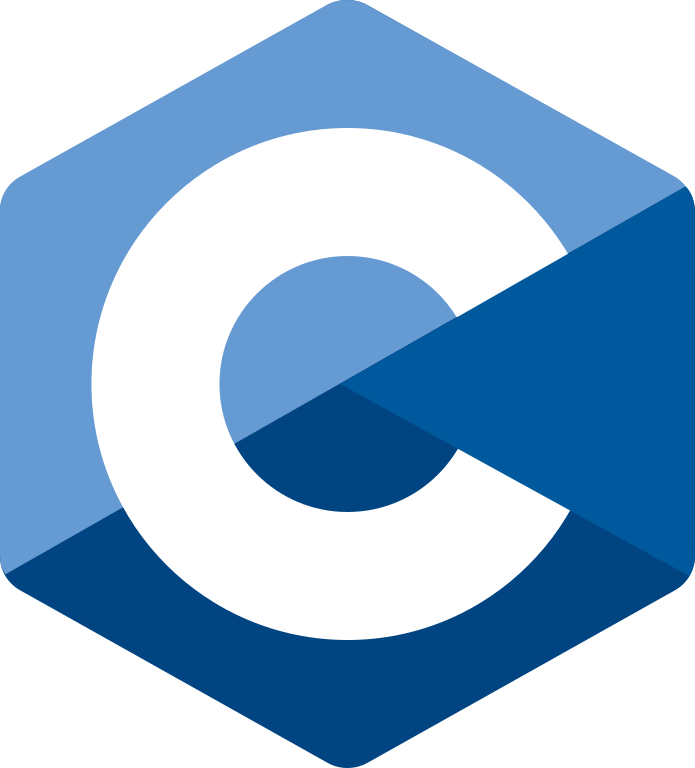
Most Useful Applications of C Programming Language [2023] InterviewBit
The six levels within the CEFR are A1, A2, B1, B2, C1, and C2. These six reference levels are widely accepted as the European standard for grading an individual's proficiency in around forty different languages. Each level is divided into four kinds of competencies (language skills), describing what a learner is supposed to be able to do in.
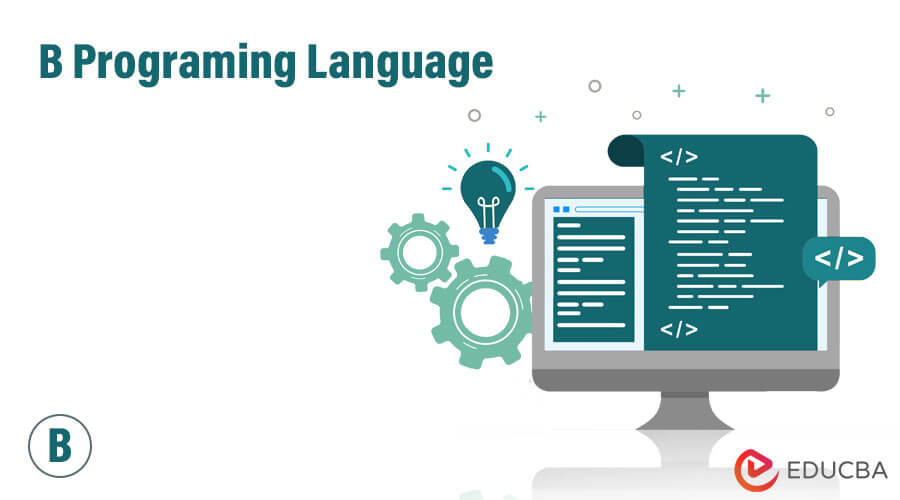
B Programming Language What is the History and Concept?
This is a list of operators in the C and C++ programming languages.All the operators (except typeof) listed exist in C++; the column "Included in C", states whether an operator is also present in C. Note that C does not support operator overloading.. When not overloaded, for the operators &&, ||, and , (the comma operator), there is a sequence point after the evaluation of the first operand.
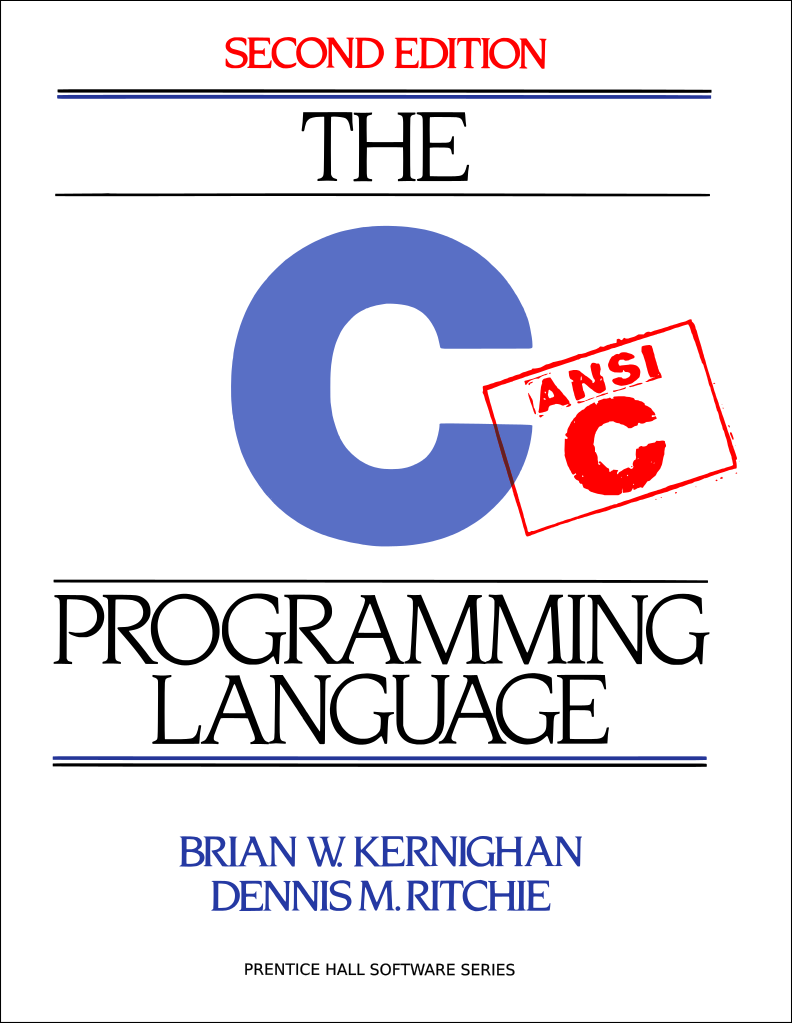
Free Computer Books Pdf The C Programming Language Download PDF
Logical operators in C are used to combine multiple conditions/constraints. Logical Operators returns either 0 or 1, it depends on whether the expression result is true or false. In C programming for decision-making, we use logical operators. We have 3 logical operators in the C language: Logical AND ( && )
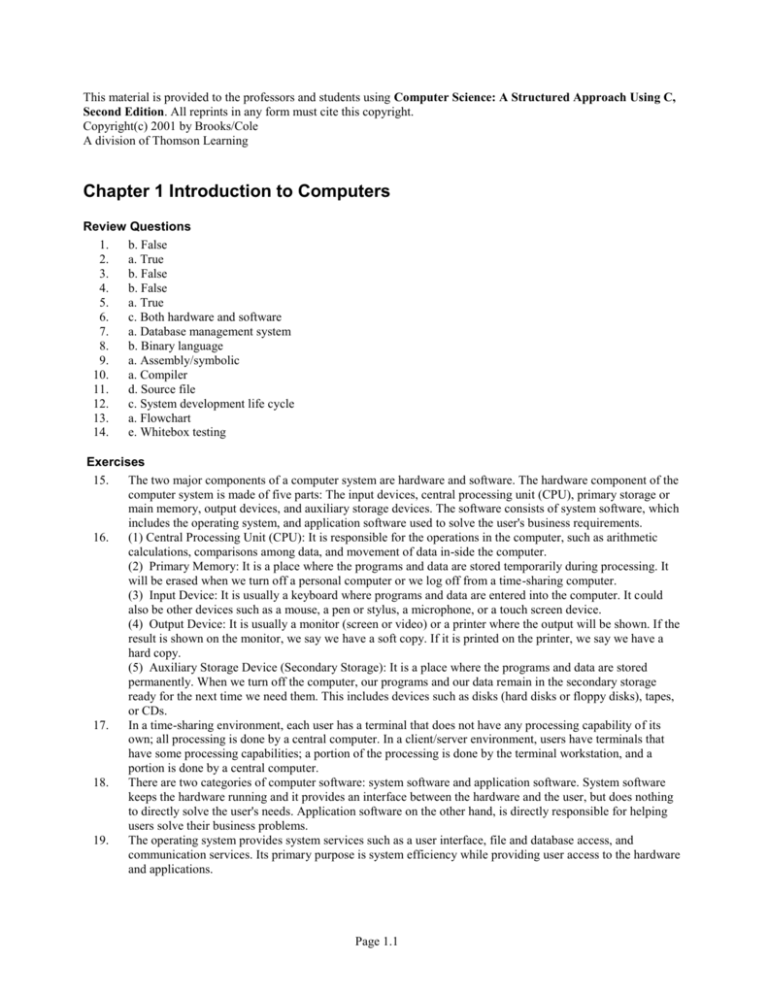
Chapter 2 Introduction to the C Language
A, B, C languages Interpreters' working languages are classified according to three categories - A, B, C: The 'A' language is the interpreter's mother tongue (or its strict equivalent) into which they work from all their other working languages in both consecutive and simultaneous interpretation.

Bca 1st Year C Language Question Paper Bca Exam Paper Gambaran
C language is rich in built-in operators and provides the following types of operators −. Arithmetic Operators. Relational Operators. Logical Operators. Bitwise Operators. Assignment Operators. Misc Operators. We will, in this chapter, look into the way each operator works.
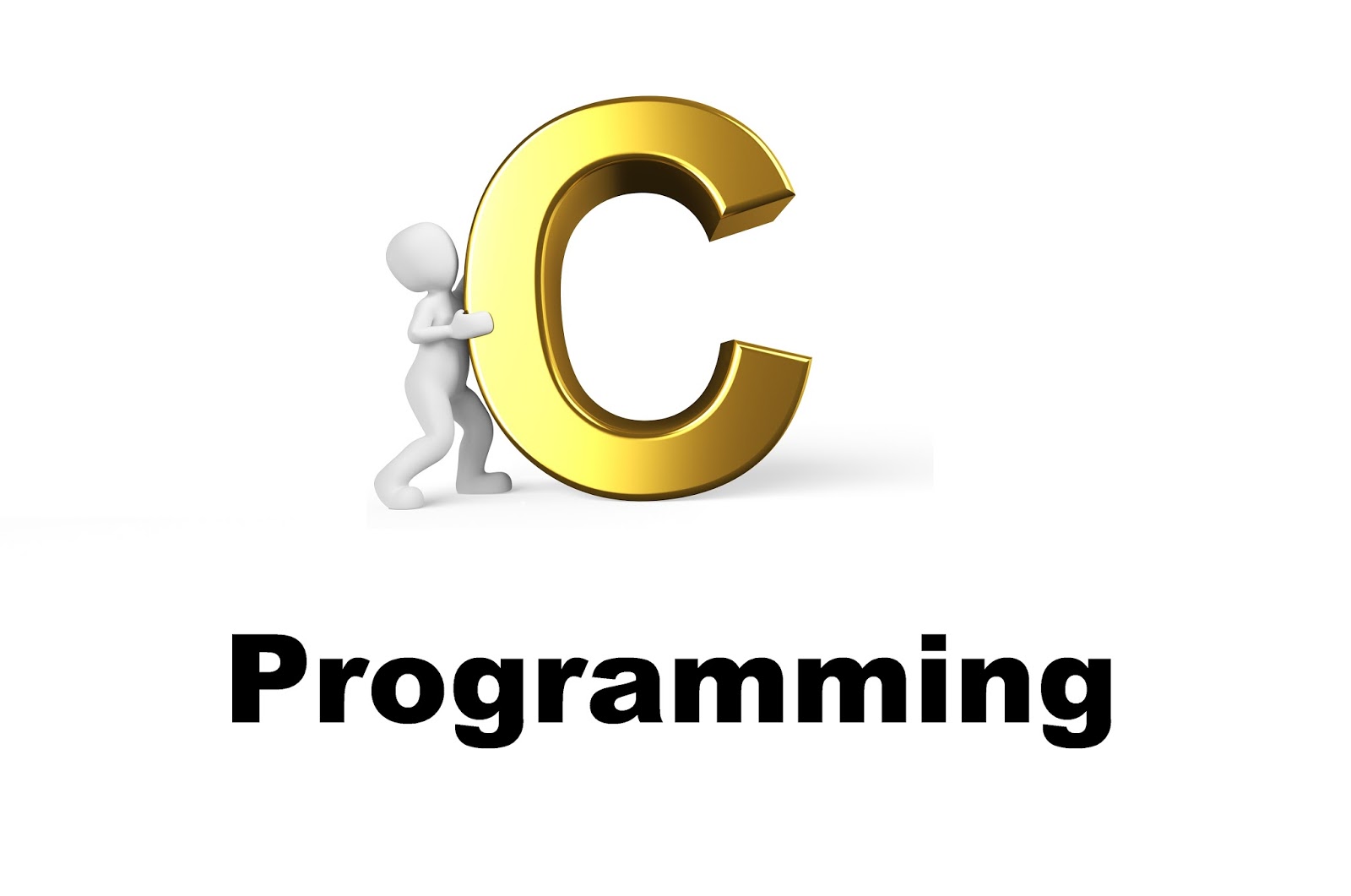
c programming language basics tutorial for beginners
a == b == c is the same as (a == b ) == c In your case, a, b, c all having values 0, the expression turns out to be (0 == 0) == 0 or, 1 == 0 which yields 0 (Falsy). So, control goes to the else part. Then, for the aforementioned reason, a == b evaluates to 1 (truthy), so the corresponding if block is executed.
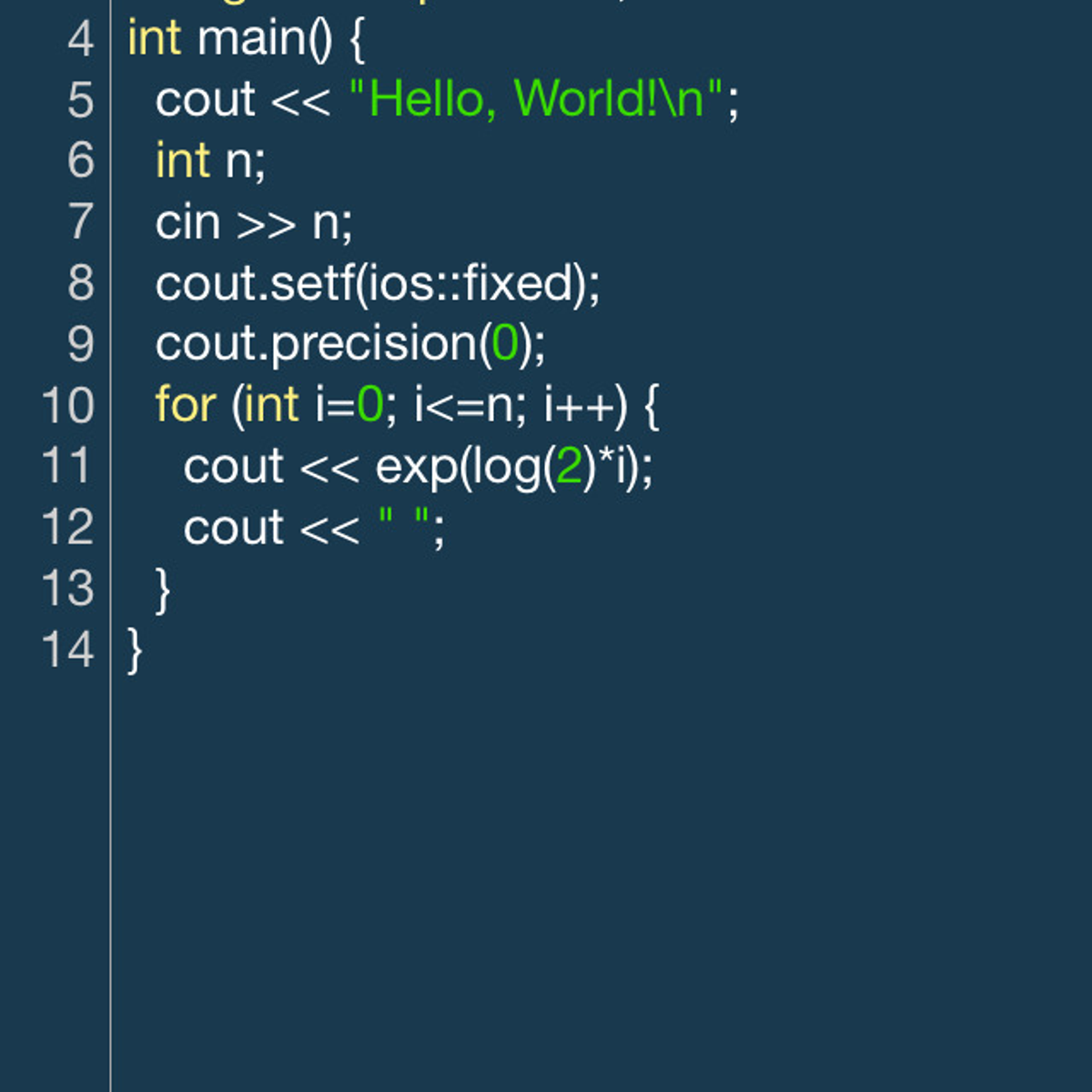
C++ Programming Language Alternatives and Similar Apps
ABC is an imperative general-purpose programming language and integrated development environment (IDE) developed at Centrum Wiskunde & Informatica (CWI), Netherlands by Leo Geurts, Lambert Meertens, and Steven Pemberton. It is interactive, structured, high-level, and intended to be used instead of BASIC, Pascal, or AWK.It is intended for teaching or prototyping, but not as a systems.

Features of C Language it's tutorial notes Characteristics
What does the language {a, b, c}* exactly mean? Stack Exchange Network. Stack Exchange network consists of 183 Q&A communities including Stack Overflow, the largest, most trusted online community for developers to learn, share their knowledge, and build their careers.
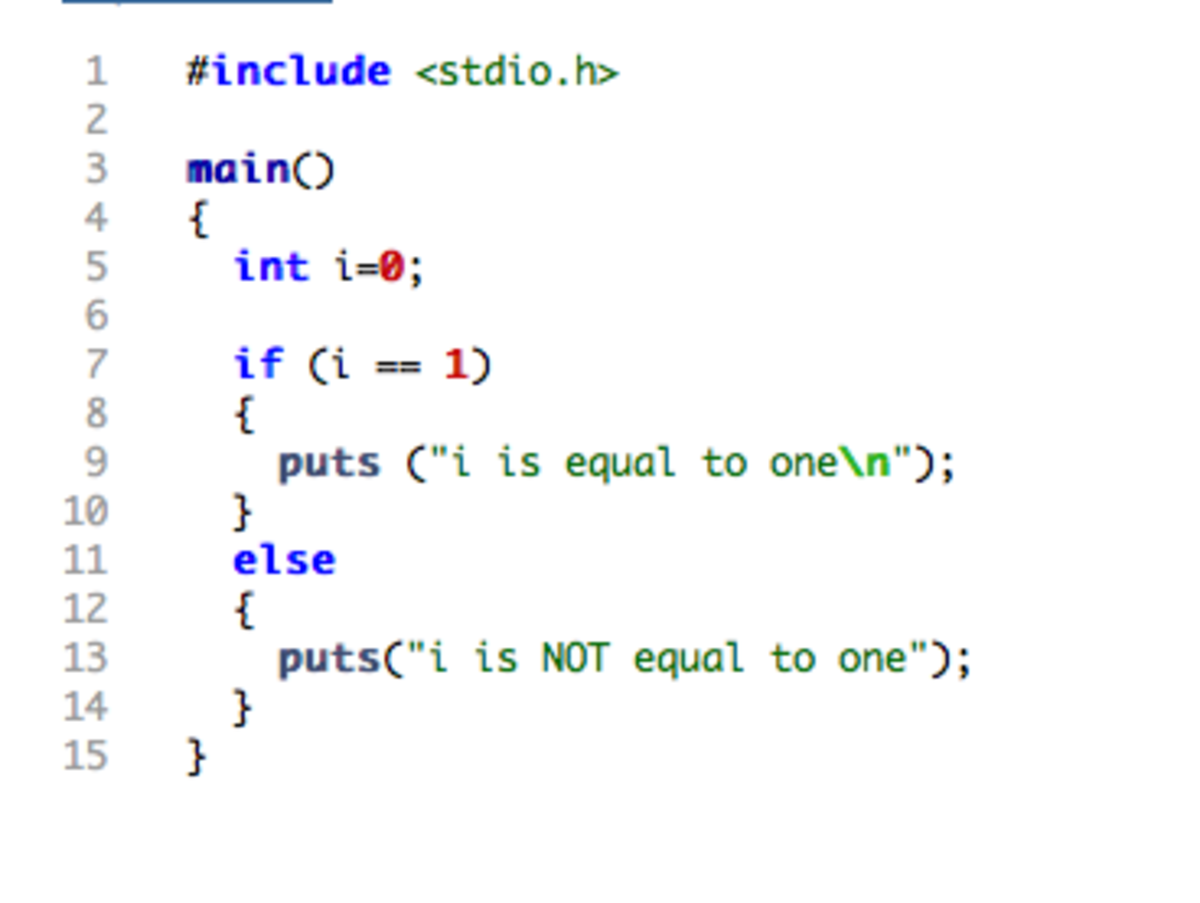
C Programming Puzzles & Exercises HubPages
The Joan of Arc parade drew a huge crowd to the French Quarter on Saturday night to celebrate the start of Carnival 2024. But the marching parade suddenly paused on Chartres Street as it.

Q15 If the lengths of the sides of a triangle are denoted by a, b, c
An operator in C can be defined as the symbol that helps us to perform some specific mathematical, relational, bitwise, conditional, or logical computations on values and variables. The values and variables used with operators are called operands. So we can say that the operators are the symbols that perform operations on operands.